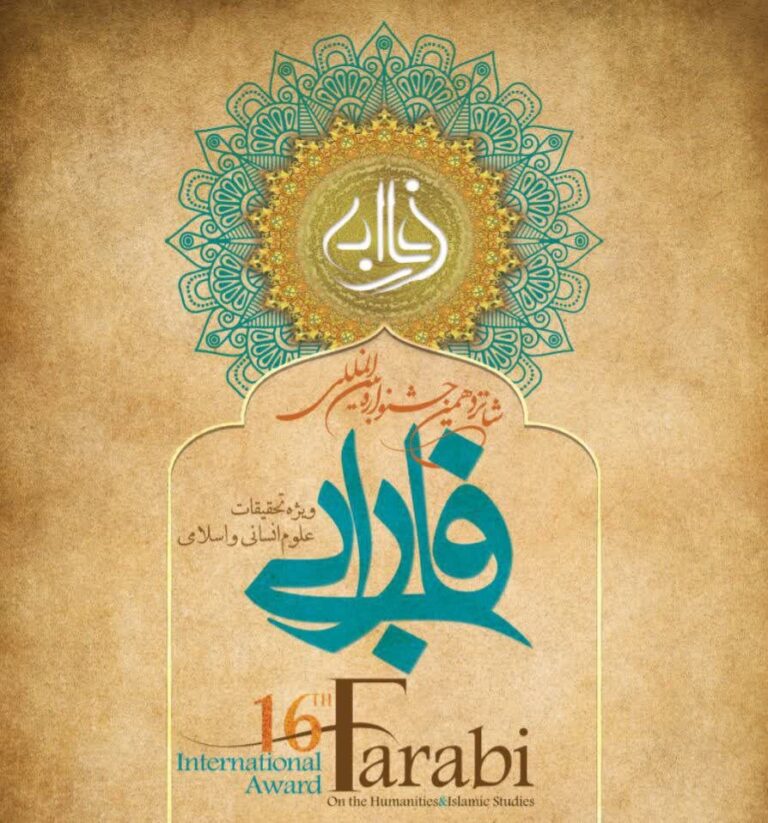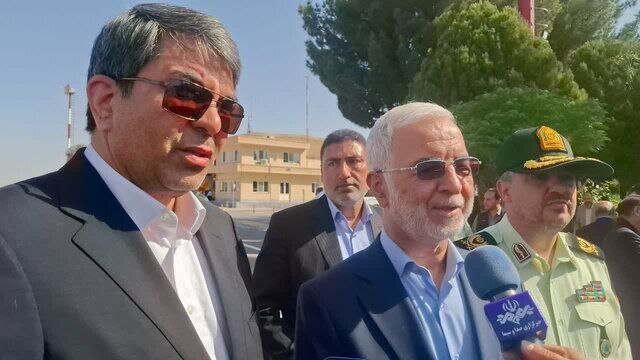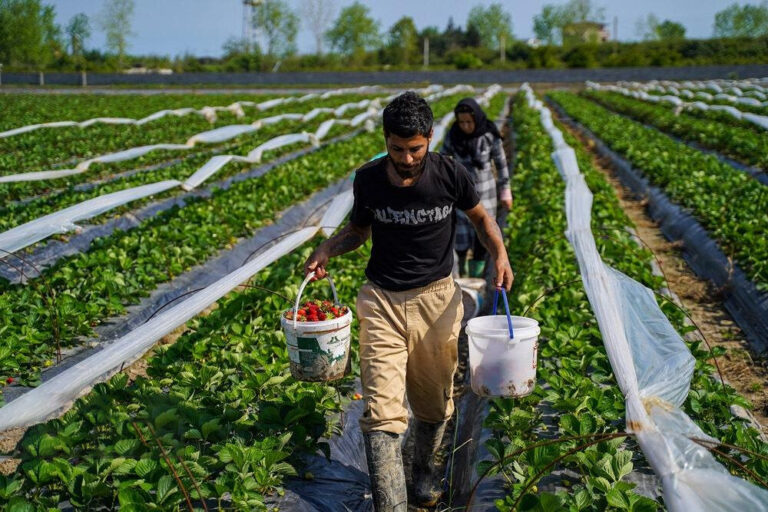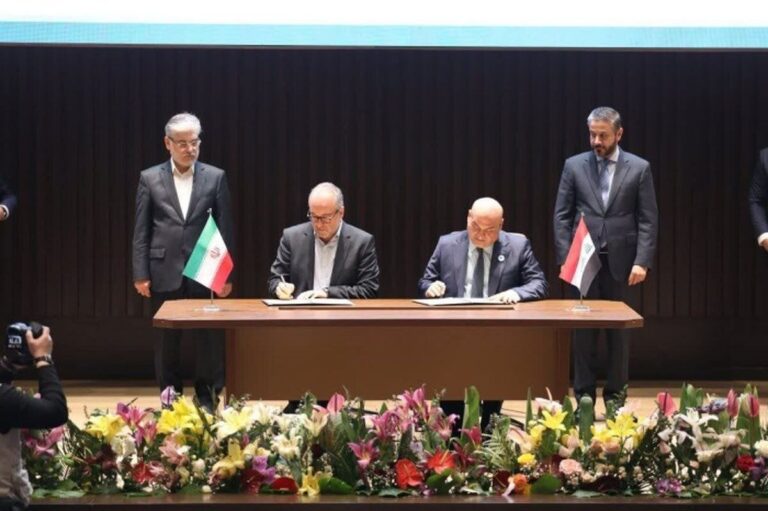Unlocking Fertility: How Persian Medicine is Revolutionizing Infertility Treatments
In recent developments, over 32 specialized medical centers in Iran are harnessing the power of Persian medicine to enhance the success rates of infertility treatments. Nafiseh Hosseini-Yekta, the director of the health ministry’s Persian medicine office, announced this initiative, which marks a significant step towards improving reproductive health services across the nation. This interdisciplinary approach combines the expertise of gynaecologists, urologists, genetic specialists, and Persian medicine practitioners, leading to a transformative shift in the quality of medical care.
These advancements were highlighted during the national population week, which runs from May 14 to 20. Hosseini-Yekta emphasized that adhering to the principles of Persian medicine can potentially increase the success rate of assisted reproductive techniques such as IVF by up to 30 percent and can significantly decrease pregnancy complications.
Comprehensive Programs in Persian Medicine
According to Hosseini-Yekta, the Health Ministry is following a systematic approach to integrate the resources of Persian medicine into the broader healthcare system. This initiative aims to tackle infertility and various other health challenges effectively.
Key aspects of Persian medicine include:
- Personalized Assessments: Each individual is evaluated based on their unique temperament, leading to tailored treatment and prevention programs that cater to their specific physical, psychological, and geographical conditions.
- Focus on Prevention: Persian medicine prioritizes preventive measures over treatment, advocating for reproductive health maintenance from early childhood.
- Educational Initiatives: The ministry plans to develop educational programs targeting families and schools to address unhealthy lifestyle habits that contribute to infertility.
Economic and Health Benefits of Integration
In December 2024, Hosseini-Yekta stated, “The integration of Persian medicine into the healthcare system will not only assist in enhancing health indicators but will also significantly influence the economy of the country’s healthcare sector.” She expressed optimism that Iran could emerge as a leading provider of traditional and complementary medicine on a global scale.
In July 2024, a workshop was conducted by the health ministry focusing on the fundamental principles and concepts of Persian medicine, aimed at facilitating its integration into the healthcare framework. The two-day event was designed to:
- Enhance the knowledge of experts in Persian medicine.
- Promote awareness of regulations, guidelines, and national policy documents.
During the workshop, esteemed professors covered various topics, including:
- Temperament and its significance in treatment.
- The four humors: phlegm (Balgham), blood (Dam), yellow bile (Safra’), and black bile (Sauda’).
- Lifestyle measures for better health.
- Commonly used medicinal plants and their interactions.
Training the Next Generation of Persian Medicine Experts
The training of Persian medicine specialists remains a top priority for the Persian medicine office. Currently, nine faculties across the country are educating students in this field. Approximately 500 Persian medicine experts are actively providing health and medical treatment services, complemented by more than 1,000 general practitioners who have successfully completed approved Persian medicine courses.
Recognizing National Population Week
National Population Week, celebrated from May 14 to 20, carries the theme ‘children, life assets.’ Each day of the week focuses on a particular aspect of family and reproductive health:
- May 14: Father, mother, good sense of life
- May 15: Motherhood, elixir of youth
- May 16: Desiring a child
- May 17: My lonely child
- May 18: I want to stay alive
- May 19: My life in old age
- May 20: Child-friendly society
The integration of Persian medicine into the healthcare system not only aims to improve health outcomes but also brings forth a holistic approach to reproductive health, emphasizing prevention, education, and personalized treatment. As these initiatives unfold, they promise to reshape the landscape of infertility treatment and overall healthcare in Iran.






